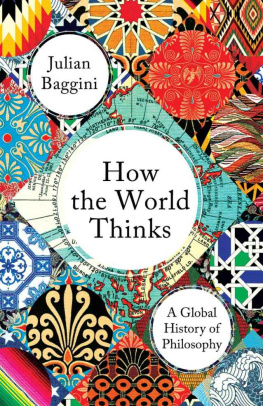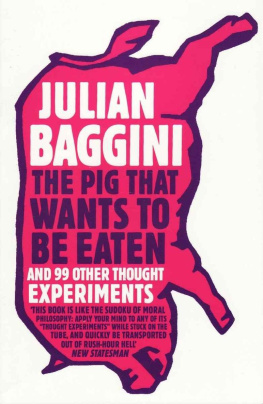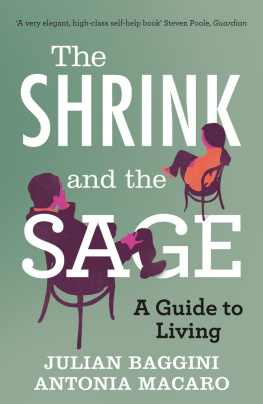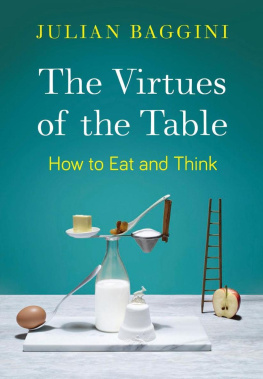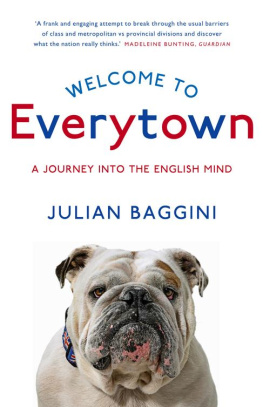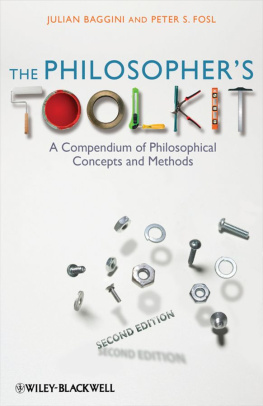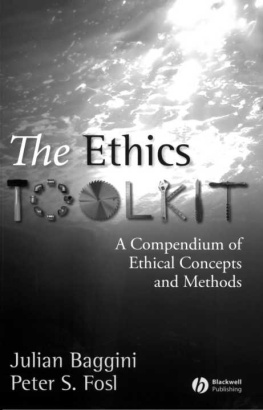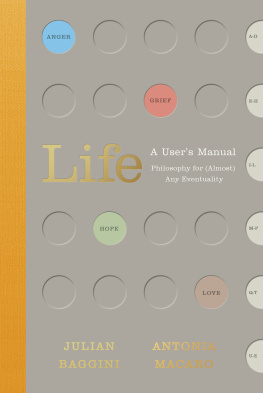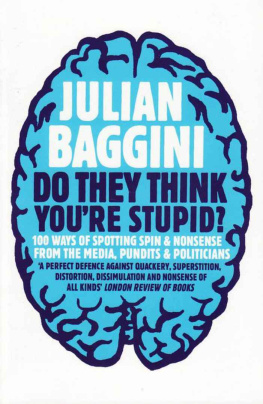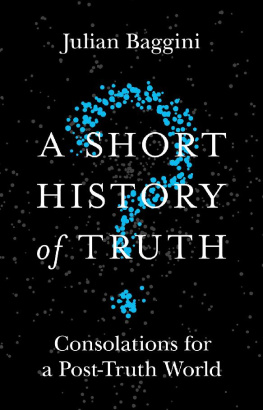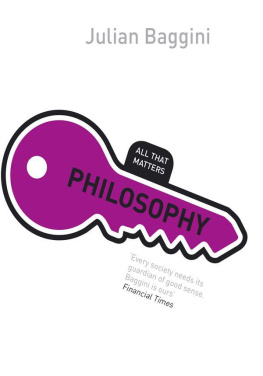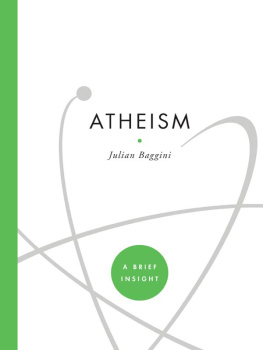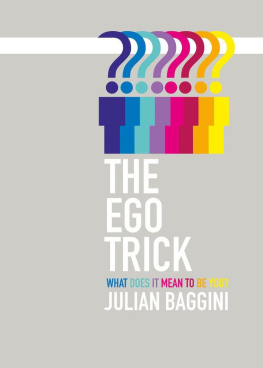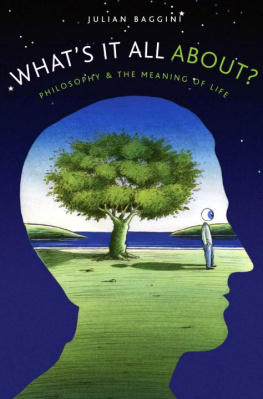I NTRODUCTION
One of the great unexplained wonders of human history is that written philosophy first flowered entirely separately in different parts of the globe at more or less the same time. The early Upaniads the foundational texts of Indian philosophy, of unknown authorship were written between the eight and sixth centuries BCE . Chinas first great philosopher, Confucius, was born in 551 BCE , while in Greece the first notable pre-Socratic philosopher, Thales of Miletus, was born around 624 BCE . The Buddhas traditional birth date also places him in the sixth century bce, although scholars now believe he probably wasnt born until around 480 bce, about the same time as Socrates.
These early philosophies have had a profound impact on the development of distinctive cultures across the world. Their values and tenets have shaped the different ways people worship, live and think about the big questions that concern us all. Most people do not consciously articulate the philosophical assumptions they have absorbed and are often not even aware that they have any, but assumptions about the nature of self, ethics, sources of knowledge, the goals of life, are deeply embedded in our cultures and frame our thinking without our being aware of them. Evidence of their influence is even embedded in the fabric of the worlds great monuments, which can be read like living books, expressions of the philosophies of the people who built them. The Forbidden City in Beijing is constructed on Confucian principles, the Alhambra in Granada is infused with Islamic thought, while even the cafs of the Parisian rive gauche testify to the existentialist vision of philosophy as a personal, everyday pursuit.
The process of cultural absorption of philosophical world views is sometimes called sdimentation. If it were possible to lay bare and unfold all the presuppositions in what I call my reason or my ideas at each moment, wrote the twentieth-century French philosopher Merleau-Ponty, we should always find experiences which have not been made explicit, large-scale contributions from past and present, a whole sedimentary history which is not only relevant to the genesis of my thought, but which determines its significance. Just as a riverbed builds up sediment comprised of that which washes through it, values and beliefs become sedimented in cultures. In turn, those values and beliefs begin to sediment in the minds of people who inhabit those cultures from birth, so that we mistake the build-up for an immutable riverbed. Through these channels of the minds our thoughts and experiences flow, not noticing how they are being directed. One value of comparative philosophy is that by exposing the different assumptions of others their philosophical sediment, if you will our own assumptions come to the fore.
Yet, for all the varied and rich philosophical traditions across the world, the Western philosophy I have studied for over thirty years based entirely on canonical Western texts is presented as the universal philosophy, the ultimate inquiry into human understanding. Comparative philosophy study in two or more philosophical traditions is left almost entirely to people working in anthropology or cultural studies. This abdication of interest assumes that comparative philosophy might help us to understand the intellectual cultures of India, China or the Muslim world, but not the human condition.
In fact, Western philosophy is so parochial that it is Balkanised. When I lived in Manchester I attended senior philosophy seminars at both its universities in buildings on opposite sides of the same street, no more than half a mile apart. Because one department focused on Continental European philosophy and the other on anglophone philosophy, I was almost the only one to cross the road between the two, even though both claim a common ancestry through Descartes and Spinoza back to the ancient Greeks.
This has become something of an embarrassment for me. Until a few years ago I knew virtually nothing about anything other than Western philosophy, a tradition that stretches from the ancient Greeks to the great universities of Europe and America. Look at my PhD certificate or the names of the university departments where I studied, however, and there is only one, unqualified, word: philosophy.
Recently and belatedly, I have been exploring the great classical philosophies of the rest of the world, travelling across continents to encounter them first-hand. It has been the most rewarding intellectual journey of my life. I have discovered that to understand a cultures philosophical tradition better is to understand that culture better. To borrow an analogy from the Zimbabwean philosopher Joram Tarusarira, understanding the philosophical framework of a people is like understanding the software their minds work on: If you dont know their software there will always be this gap in terms of understanding in conversation. Such gaps explain why, for example, so many development aid projects in Africa have failed. If you want that aid to be of effect, then you have to engage with the people; if you want sustainability, you have to engage with the people. But many a time we have had white elephant projects basically because the people bringing them have no understanding of the philosophy and religion of the people.
The software analogy is neat, but the relationship between classical philosophical texts and the folk philosophy of a people is clearly not a simple one. Ideas that are developed and analysed in depth by scholars do have their counterparts in the general culture, but in simpler, vaguer, broader forms. Most Americans and Europeans, for example, assert the value of individual freedom and liberty without any deep knowledge of how these concepts have been justified and explained by their philosophers. Millions of Indians live their lives according to principles of karma without an in-depth knowledge of the rich and complex literature articulating what precisely this involves. Ordinary Chinese assert the importance of harmony with little more than a cursory knowledge of the Confucian and Daoist texts that analyse and describe it. There is nonetheless a relationship between high scholarship and everyday living, which is why harmony, freedom and

